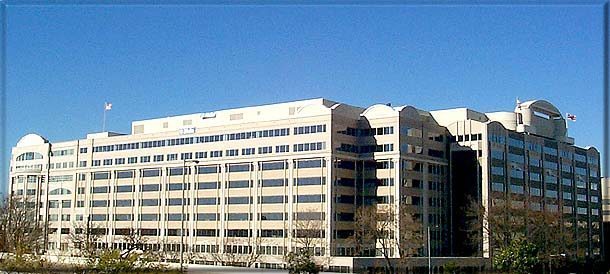The Federal Communication Commission’s net neutrality rules became law today, after a federal court rejected an industry attempt to avoid Title II regulation. However, Internet service providers have said they will continue to fight, and it looks like they will have some help from Congress.
The House Appropriations Committee has tied net neutrality to the FCC’s funding for 2016. The committee’s 2016 financial services bill “prohibits the FCC from implementing net neutrality until certain court cases are resolved, requires newly proposed regulations to be made publicly available for 21 days before the Commission votes on them, and prohibits the FCC from regulating rates for either wireline or wireless Internet service.” This week the financing bill was released and subcommittee hearings began.
Although net neutrality becomes law today, most service providers will not need to implement drastic changes to their operations. The law prohibits paid prioritization and throttling, two practices that most U.S. wireless carriers already avoid. The biggest issue for wireless carriers is Title II regulation, which means that their wireless businesses can now be subject to common carrier regulations.
Regulation is likely to impact some of the network optimization policies that mobile operators use to prevent the heaviest data users from slowing down the network for others. Several service providers have experimented with rules that slow data speeds for users who surpass a data cap or use their mobile device for peering or tethering. These actions have been labeled “throttling” by critics and may be deemed illegal under net neutrality laws.

